To provide the best experiences, we use technologies like cookies to store and/or access device information. Consenting to these technologies will allow us to process data such as browsing behaviour or unique IDs on this site. Not consenting or withdrawing consent, may adversely affect certain features and functions.
The technical storage or access is strictly necessary for the legitimate purpose of enabling the use of a specific service explicitly requested by the subscriber or user, or for the sole purpose of carrying out the transmission of a communication over an electronic communications network.
The technical storage or access is necessary for the legitimate purpose of storing preferences that are not requested by the subscriber or user.
The technical storage or access that is used exclusively for statistical purposes.
The technical storage or access that is used exclusively for anonymous statistical purposes. Without a subpoena, voluntary compliance on the part of your Internet Service Provider, or additional records from a third party, information stored or retrieved for this purpose alone cannot usually be used to identify you.
The technical storage or access is required to create user profiles to send advertising, or to track the user on a website or across several websites for similar marketing purposes.
![]() A new poll suggests that the continuing cost-of-living crisis is now affecting a greater proportion of employees, with more people working extra hours, more struggling to buy food or pay their bills, and fewer being able to afford to take sick days, compared to mid-2022. HR software provider Ciphr surveyed 1,000 employees across the UK about their experiences of rising living costs in 2023, and any actions they’ve taken, or have considered taking, because of financial pressures. More →
A new poll suggests that the continuing cost-of-living crisis is now affecting a greater proportion of employees, with more people working extra hours, more struggling to buy food or pay their bills, and fewer being able to afford to take sick days, compared to mid-2022. HR software provider Ciphr surveyed 1,000 employees across the UK about their experiences of rising living costs in 2023, and any actions they’ve taken, or have considered taking, because of financial pressures. More →




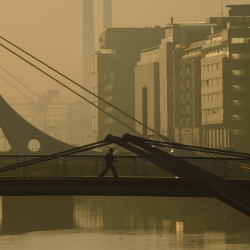
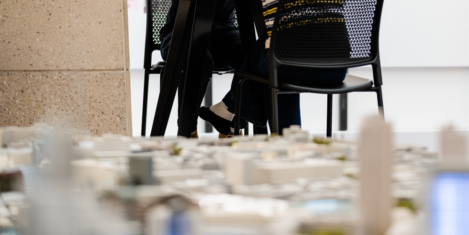
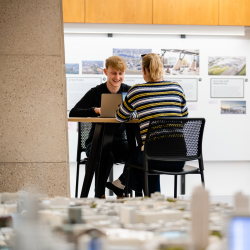 I recently received a copy of the book Office Shock by ‘prominent futurists’ Bob Johansen, Joseph Press and Christine Bullen. Described as a guide to creating better futures for working and living, the book imagines the future of work and the workplace. While reading a passage aimed at leaders, I was suddenly aware that a number of the words were simultaneously being spoken aloud in the background. There was a break in the cricket I had been watching that morning (cricket has a few of these breaks!) and the England captain, Ben Stokes, was being interviewed about his own leadership style.
I recently received a copy of the book Office Shock by ‘prominent futurists’ Bob Johansen, Joseph Press and Christine Bullen. Described as a guide to creating better futures for working and living, the book imagines the future of work and the workplace. While reading a passage aimed at leaders, I was suddenly aware that a number of the words were simultaneously being spoken aloud in the background. There was a break in the cricket I had been watching that morning (cricket has a few of these breaks!) and the England captain, Ben Stokes, was being interviewed about his own leadership style. 

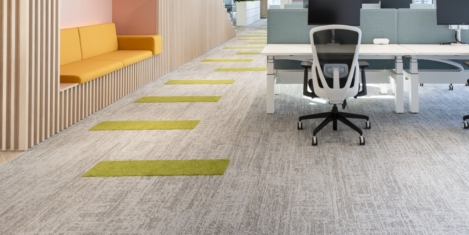
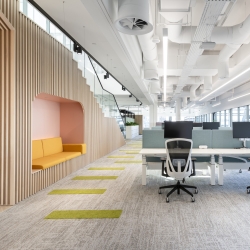
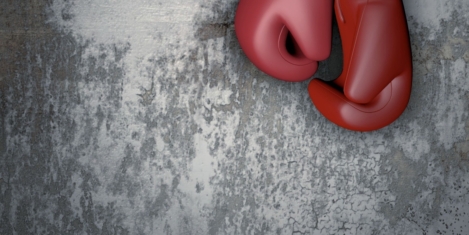









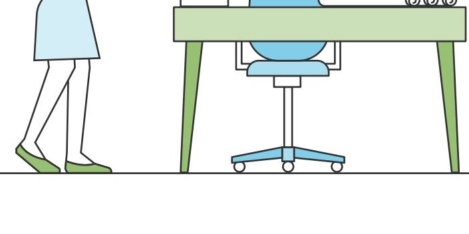
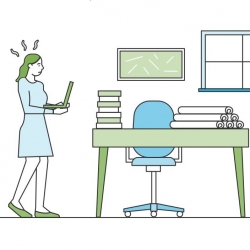










June 23, 2023
Are workplace gyms and other perks out of step with hybrid working?
by Anthony Thompson • Comment, Wellbeing